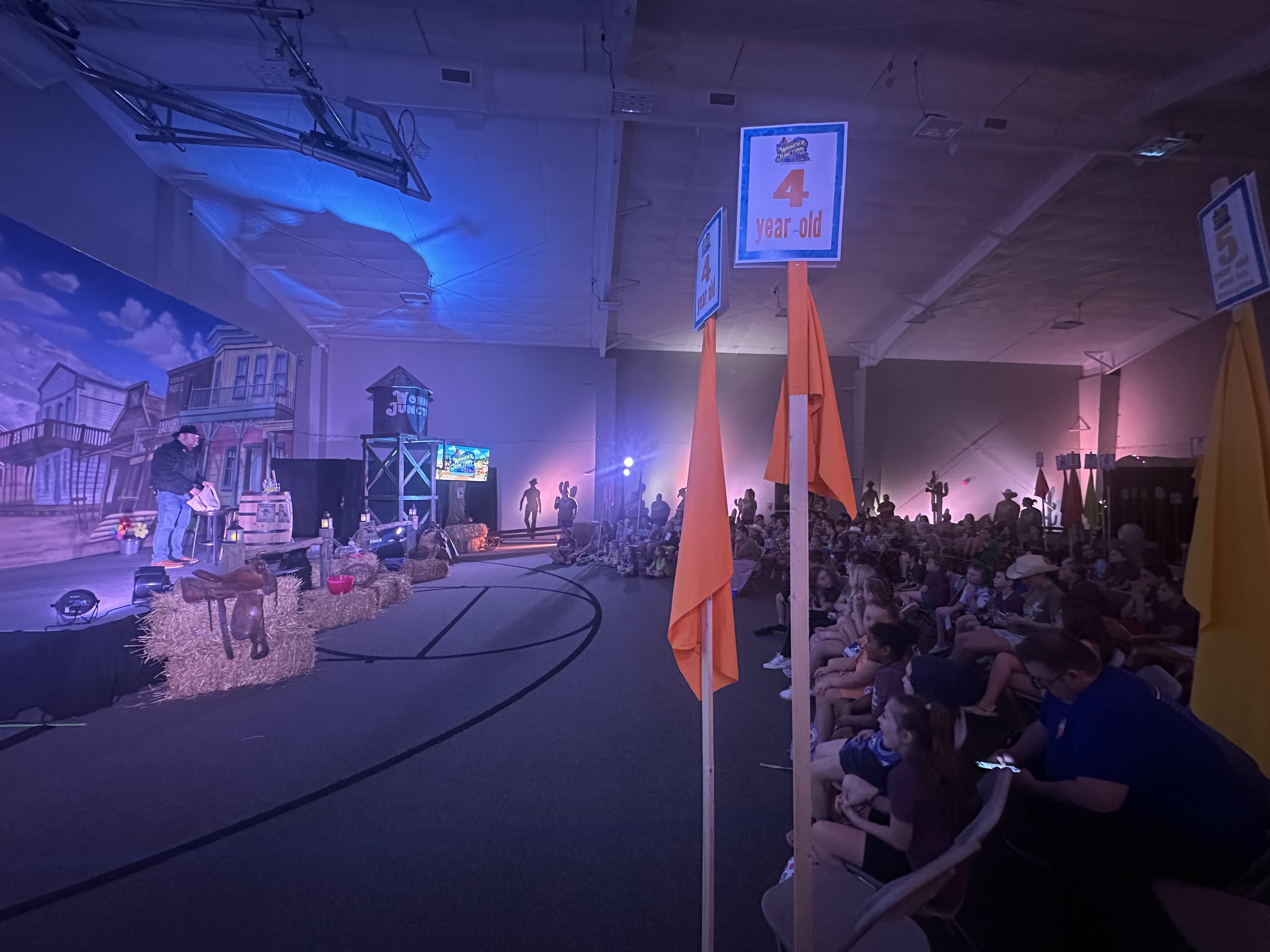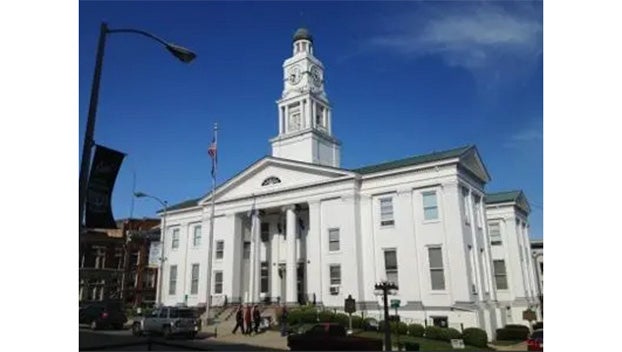ENOCH: Black history in Clark County
Published 12:55 pm Friday, October 30, 2020
|
Getting your Trinity Audio player ready...
|
Black history is a subject now receiving much attention by scholars and authors. Researchers work diligently to unravel the past, while authors, filmmakers and others apply their talents to bring these stories to the public. Their work is important because much of this history and these stories have never been told.
Another flourishing activity is the addition of black history curricula in our primary, secondary and post-secondary schools. This is beginning to fill a gap that lasted well over three centuries.
Much of this effort is intended to bring about a better understanding of the African-American experience in this country, a story that begins in 1619 when the first African slaves were brought to Virginia.
Trending
However, most of the emphasis has been at the national and state level, on the “big picture.” There has been much less focus on local history. For us that means telling the stories and describing events here in Winchester and Clark County. These are not easy subjects to investigate — and not always pleasant.
In many cases, the very names we seek are omitted from public documents. As an example, the first eight U.S. censuses did not give the names of any enslaved persons, because they were considered property. In the much more detailed censuses of 1850 and 1860, they were listed individually by owner, but with no names — only age, sex and whether black or mulatto. (The presence of mulattoes tells us something of the unequal relationship between the enslaved and their owners.)
In a few instances, estate records for example, slaves are listed by their first name, age and appraised or sale value. In some church minutes they are referred to as Striblin’s Daniel or Drake’s Agnes — the owner’s surname followed the enslaved’s given name.
One researcher, Lyndon Comstock, who lives in California but has ties to Clark County, took on this problem and has published his preliminary results.
His 800-page book, “Before Abolition,” includes the names of more than 7,000 African-Americans who lived in Clark County prior to Emancipation. His work includes much biographical information and many personal stories.
Hired out by his owner, Aaron Abbott saved enough to purchase his freedom in 1838. He acquired a small farm and soon was able to purchase freedom for his wife, Charity, and their three sons, and then, later, for his second wife, Harriett, and their two children.
Trending
Peter Bruner ran away from his owner numerous times before reaching Camp Nelson, where he enlisted in the Union Army in July 1864. Assigned to the 12th U.S. Colored Heavy Artillery, he was engaged in combat in Kentucky and Tennessee. He later penned his autobiography, “A Slave’s Adventures Toward Freedom.” (After examining only about half of the enlistment records, more than 600 men who served in the U.S. Colored Troops from Clark County have been identified.)
On Independence Day 1868, 19 black members of Providence Church, all former slaves, resigned from the white church to form their own body. That congregation endures today as the Providence Missionary Baptist Church.
Many more stories of individual determination and perseverance remain to be told.
Today, black people represent about 7 percent of the population of Winchester and about 5 percent in the county as a whole.
It may surprise many to learn that at the outbreak of the Civil War, 42 percent of the population in Clark County was enslaved. Put into perspective, that exceeds the percentage in the seceding states of the Confederacy in 1860: 39 percent.
In the Antebellum Era, the Clark County Courthouse was the site where enslaved men, women and children were regularly bought and sold and where the jailer administered public whippings.
Following Emancipation, freedom did not result in social or economic equality for black people. Upon escaping slavery, most black people suffered from a shortage of material goods, near starvation conditions and exposure to the elements. Harassment and worse forms of terrorism often made mere survival a challenge.
While violence here did not approach that experienced in the Deep South, we had our own incidents in Clark County. For example, we know of six lynchings that occurred between 1839 and 1895: “a young negro named Knight,” Daniel Sphar’s “negro man,” Fielding Waller, William Hart, Ben Plunkett and Bob Haggard. Plunkett was hung from a tree in the Courthouse yard.
Discrimination against black people continued well into the 20th century.
Clark County public schools were segregated until 1956.
Our deed books record numerous sales, which state that the property could never be sold to “a person of African descent.” The federal practice of “red-lining” prevented black people from securing home loans in Poynterville. There are numerous examples of black people with college degrees being denied employment in Winchester except in menial positions such as janitors and domestic service.
This brief essay on black history in Clark County is not intended to render moral judgment on our past, but rather to lay out the beginnings of a historical record. While some of this record is not easy to accept, there is no sense denying the past ever happened or keeping it hidden so we don’t have to be reminded. It is our shared history.
My personal belief is that to know who we are as a people, we must have realistic knowledge of where we have been.
We cannot change the past. We are only responsible for what we do today to make our community a better place to live for all.
Harry Enoch, retired biochemist and history enthusiast, has been writing for the Sun since 2005. He can be reached at henoch1945@gmail.com.





